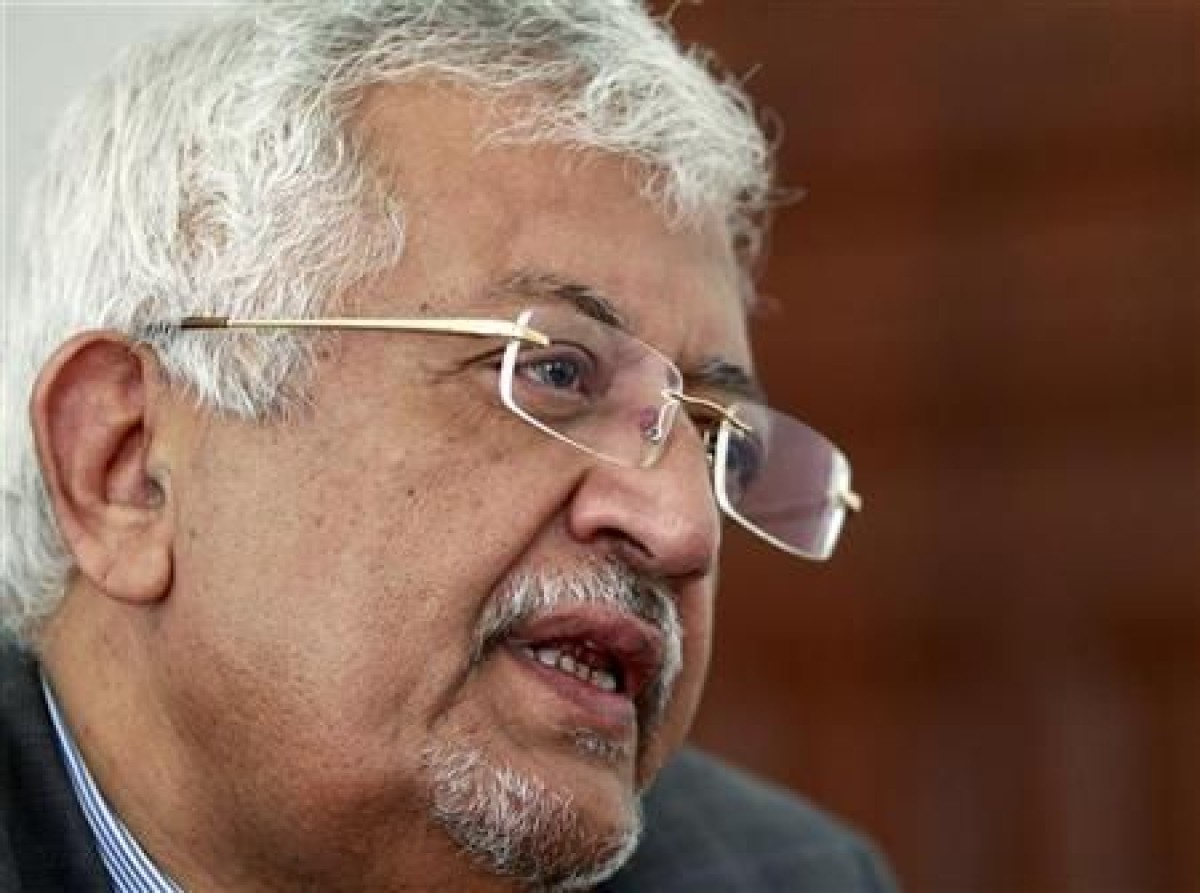Will Yemen become the next “jewel” of the Iranian regime..?!


It seems that Iran has begun abandoning its sectarian militia arms in exchange for zeroing out its confrontation with Israel!!
The American approach being discussed behind closed doors is based on two stages:
The first: That Iran adhere to neutrality regarding what is happening in Lebanon, and let Israel settle its account with Hezbollah under the title of ensuring the return of settlers to northern Israel, and the implementation of UN Resolution 1701, which stipulates the withdrawal of Hezbollah forces from the south and the cessation of attacks on Israel.
This is what Iran has adhered to so far. That is, striking Hezbollah's military power means, among other things, Iran abandoning its policy of making Hezbollah a deterrent force to protect its security, which will be reflected in the rest of its other arms in Yemen and Iraq, especially after the facts proved the failure of this policy, which was based on a fallacious concept of resistance.< /p>
Second: Restructuring these militias so that any danger that “threatens Israel’s security” or regional or international security ends with them, and accordingly they become regular militias, perhaps with simple armament, with which they can engage in political life if they want, and it does not matter, after the end of their external threat, what What results this restructuring process will have on the internal situation, which becomes a private matter for each country individually.
Iran believes that its large investment in Hezbollah should not be in vain, and that any concession on this front must be compensated for on another front, and it is nominating Yemen for many reasons, including:
1- Al-Houthi has complete control over part of the country, and the world considers him a party to an internal conflict over power, and not just a militia that plays the role of a state within a state. 2- What concerns the world for the Houthis is navigation in the Red Sea and the Arabian Sea, and this is an urgent issue, and it can be resolved with controls that provide conditions for him to adhere to his position in the internal solution equation without major concessions. 3- The region has previously negotiated with the Houthis and Iran, even if nothing new occurred. After that, the circumstances in which Iran pushed Al-Houthi to carry out these chaotic actions in the Red Sea and the Gulf of Aden, and Iran would have imposed Al-Houthi on its terms.
Hence, it seems that the outcome of all these events and approaches will complicate the situation in Yemen if the world and the region insist on separating the risks of the Houthi relationship with Iran on the external level from those risks related to the internal level, that is, if Iran and the Houthis bow to the storm and make concessions. Foreign affairs in exchange for enabling a settlement that puts Yemen in danger.
If Iran is able to pass this "settlement", it will put the security of the region at the hands of a demon. Control over Yemen is all that Iran seeks, and it is fully prepared to make concessions and abandon its other arms in exchange for holding on to a firm and strong footing in Yemen.